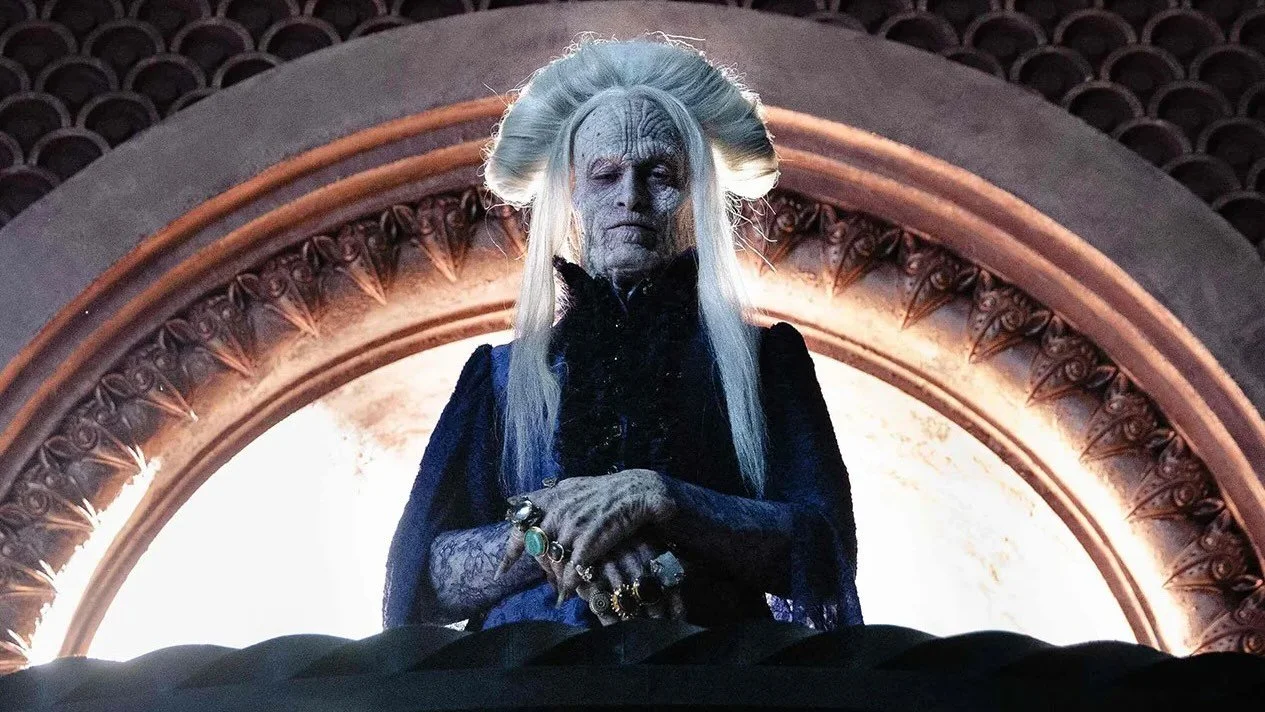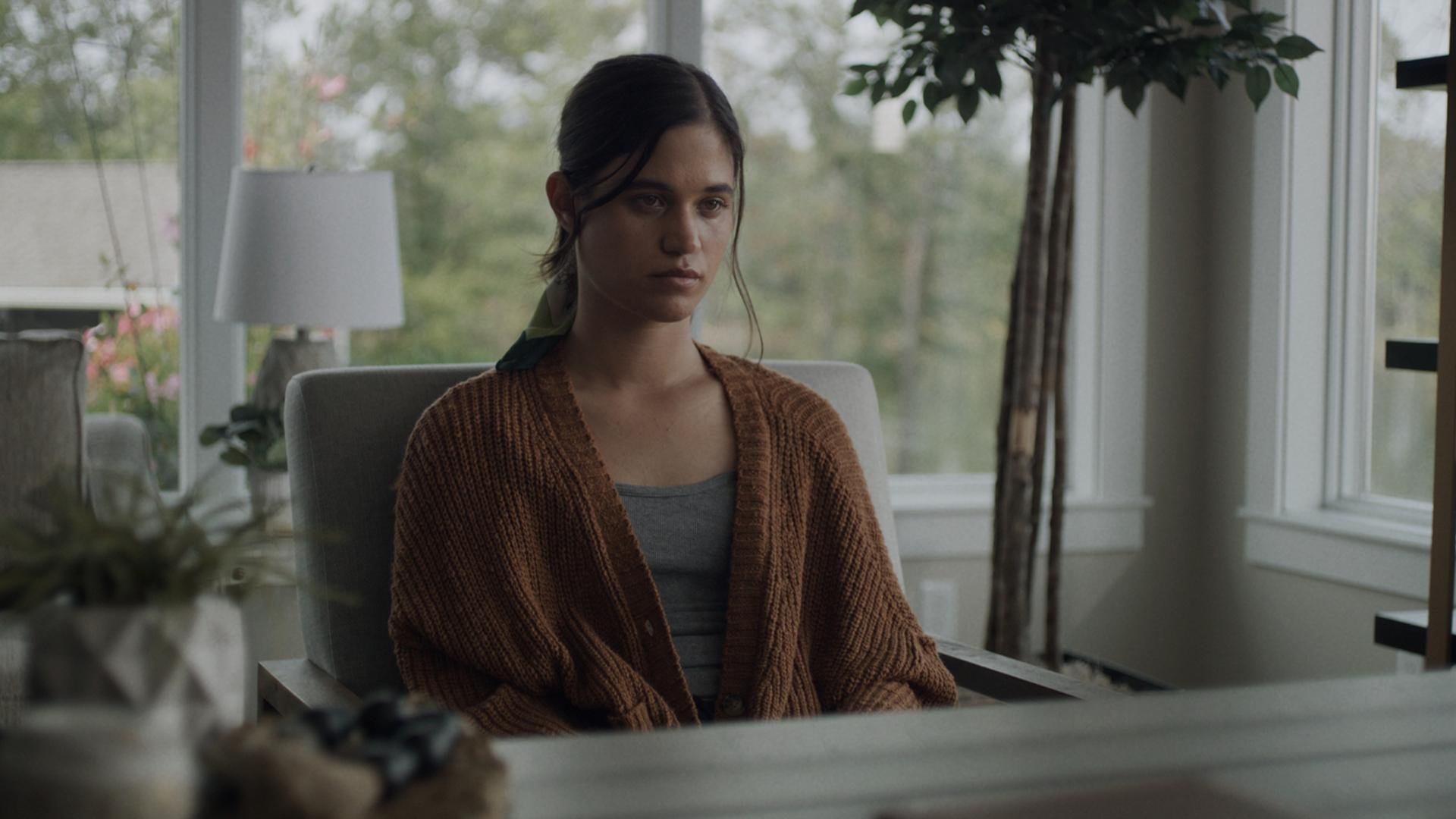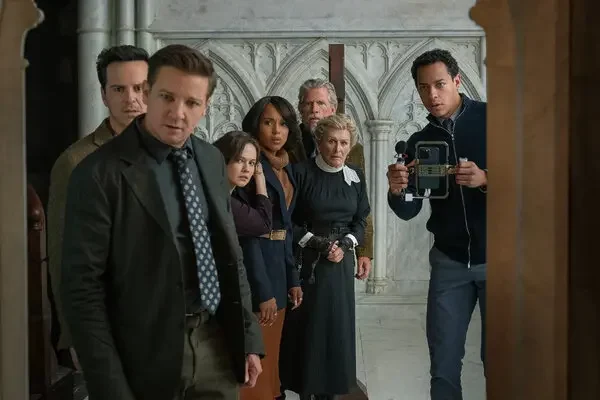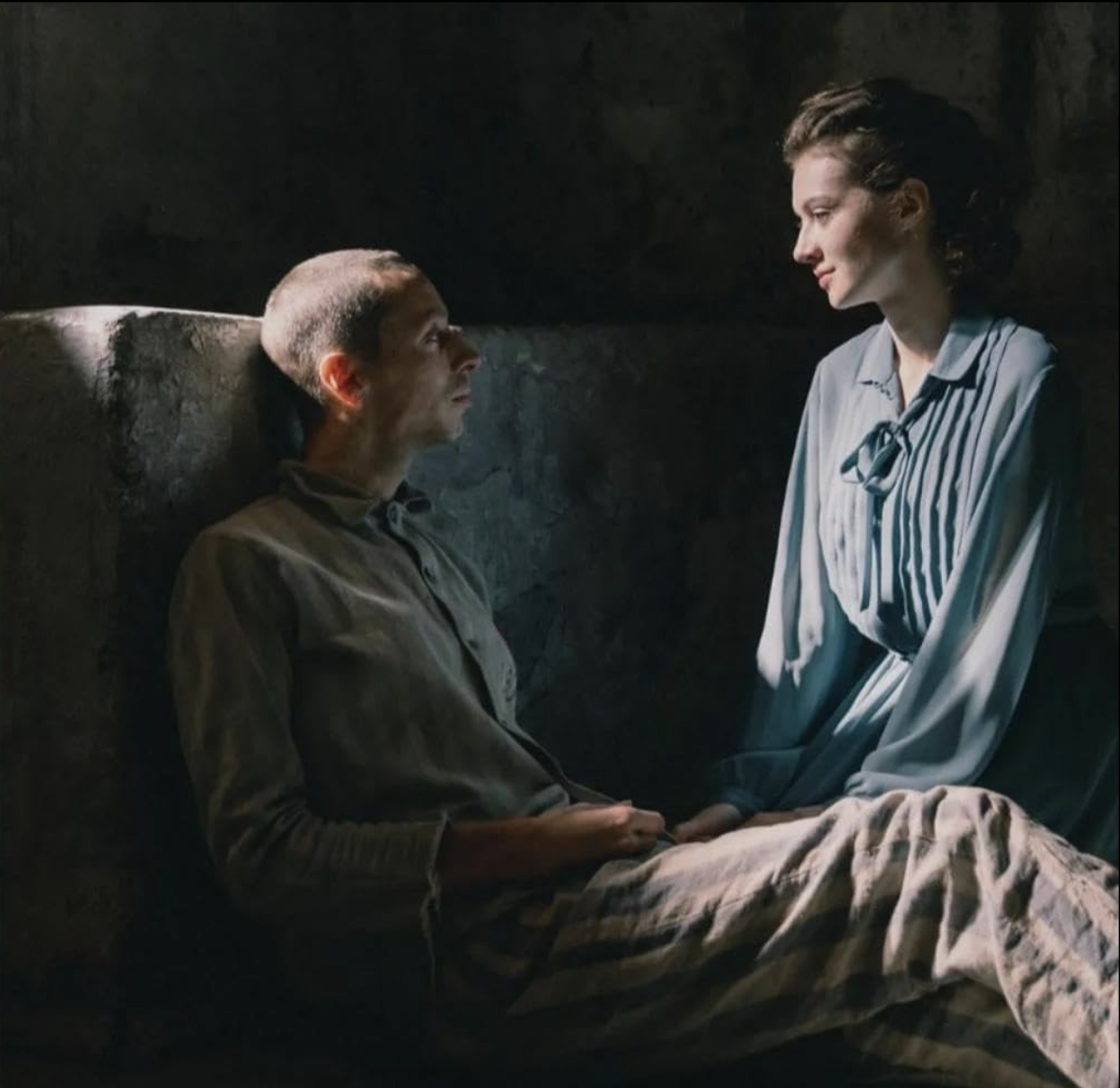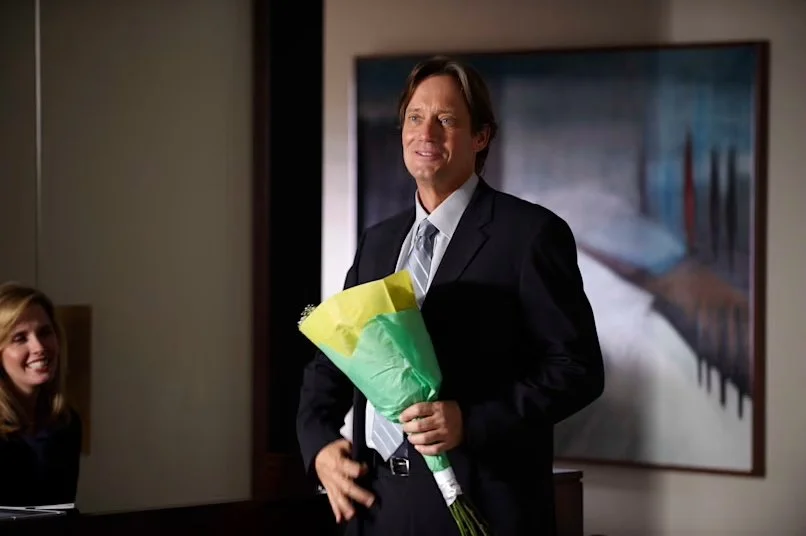(REVIEW) “Dracula” stands apart from recent pagan-leaning vampire films by embracing an explicitly Christian worldview. Framing vampirism as rebellion against God and redemption through repentance, it centers a heroic Catholic priest and divine mercy. Though weakened by its reincarnation premise, the film uniquely treats Christianity as true and redemptive.
Read More(REVIEW) Faith-based films about sex trafficking are becoming more common, reflecting cultural anxieties and a push toward grittier storytelling. “Still Hope” exemplifies this trend, offering a sincere portrayal of recovery, but ultimately faltering through one-dimensional characters, didactic messaging and a tendency to prioritize education over authentic stories.
Read More(REVIEW) The film follows the real-life story of Ann Lee, who in the 18th century was the founding leader of the Shaker Movement and was proclaimed as the female Christ by her followers. “The Testament of Ann Lee” is an example of why Hollywood is interested in stories about faith. It’s also an example of why it’s hard for them to capture the experience in a way that resonates with believers.
Read More“Wake Up Dead Man: A Knives Out Mystery” has been celebrated by Christians and non-Christians alike. It has a 92% from critics and 94% from audiences on Rotten Tomatoes, and Christian outlets like Christianity Today have given the film glowingly positive reviews and specifically for its representations of faith.
Read More(REVIEW) “The Case for Miracles” attempts to encourage all of these groups with belief in the miraculous. Unfortunately, it tries to do too much and please too many potential audiences. The result is that, though its heart is in the right place, almost everyone, even those who agree with it, will likely go away unpersuaded and unsatisfied.
Read More(REVIEW) This makes film’s presentation feel extremely — for lack of a better word — basic. The movie, however, never figures out exactly which of these threads it wants to follow. Is it about the trials? The nature of evil and whether the Nazis were unique or not? Is it trying to educate viewers about Holocaust history, or say something new about it?
Read More(REVIEW) “The Carpenter’s Son” is a horror-spun story following Joseph, played by Nicolas Cage, as he tries to raise Jesus. The film claims to ask hard questions about the biblical narrative — but it just ends up merely recapitulating simplistic modern narratives.
Read More(REVIEW) While evangelicals are often said not to care about racism, quite a few movies made for that audience over the years have dealt with the topic. “Sarah’s Oil” is in that tradition — a decent faith-based historical drama that deals explicitly with race, but one that may become a rarer occurrence in the coming years.
Read More(REVIEW) “Ruth & Boaz,” a modern retelling of the biblical love story, blends faith-based themes with romantic drama and Tyler Perry-style spectacle. Directed by Alanna Brown and produced under a Netflix deal with DeVon Franklin and Tyler Perry Studios, the film explores themes of faith, redemption and healing while leaning heavily on familiar tropes.
Read More(REVIEW) “Triumph of the Heart” is a rare movie that leans into the parts of the Christian walk we often like to talk about but not experience. In doing so, it shows us the beauty of standing up against evil. If one can take the constant drumbeat of pain and look past some of its repetitiveness and hagiographical weaknesses, one will be rewarded by having one’s heart drawn closer to God.
Read More(REVIEW) “Guns & Moses” is a rare film that succeeds both as compelling entertainment and as a surprisingly thoughtful exploration of faith. It’s a model that shows how believers can examine all aspects of life through their faith and art — including those they'd prefer to keep in a concealed carry. The film expertly tells a story that is emotionally satisfying from a faith standpoint.
Read More(REVIEW) What’s most interesting about “The Sandman” is not the Netflix show itself — but what it says about religion and spirituality. The show has plenty to say about death and faith in ways that fit exactly in with many trends of our modern day. In this way, “The Sandman” is itself a time capsule of modern-day dreams about our life and how the world works.
Read More(REVIEW) “The Blind” deserves credit for making a Christian-friendly film that doesn’t downplay the darkness of life. If it had only been able to overcome some of the other tropes that plague the genre, the results could have been truly special. Even so, for fans of the Robertson family or those who want a classic Christian redemption story, this story about a duck-hunting clan mostly hits its target.
Read More(REVIEW) With no meaningful character arc and no coherent theme, “Honey Don’t!” leaves viewers adrift. It’s a detective story with no one to root for and nothing to say. Instead of delivering clarity in a chaotic world, it adds to the noise. In the words of Macbeth — adapted by Ethan Coen’s brother Joel in “The Tragedy of Macbeth” — the film is “full of sound and fury, signifying nothing.”
Read More(REVIEW) “East of Wall” is a heartwarming and raw story about overcoming hardship and helping others. Unfortunately, its unusual style both helps and hinders our ability to connect with the people and experiences at the center of the drama. The film follows Tabatha, a rebellious horse trainer, who, after her husband’s death, wrestles with unresolved grief while providing refuge for a group of teens.
Read More(REVIEW) “The Fantastic Four: First Steps” continues the Marvel trend of having a strained relationship with God that reflects trends within our culture. And while this new version of the Fantastic Four is more optimistic in many ways, its view of God is increasingly terrifying. Marvel has long had a complicated relationship with God. While they mostly ignore Him, the movies have, over time, featured and discussed the Almighty more and more.
Read MoreThe film, a standout in early faith-based cinema, returns for its 15th anniversary amid a revitalized genre led by hits like “The Chosen.” Directed by Dallas Jenkins and starring Kevin Sorbo, the film explores an alternate reality where a businessman sees the life he could have had by following God’s path. Strong writing and emotional depth elevate it above genre clichés.
Read More(REVIEW) Stories help us sift through random events of our lives into something coherent. COVID was a seminal time in American life, and it’s more than right that we should tell stories about it. But without something coherent to say, those stories stop being useful ways to interpret the noise, and instead just add to it.
Read More(REVIEW) Zombies resemble humans without retaining anything about our distinct personalities or relationships also have a visceral ability to articulate our fear of the end. Death is an ever-present fact of life, so symbols of death, like skulls or the Grim Reaper, are natural. This is particularly true during times when religious symbols of death and what comes after (like the Christian cross) appear to be out of style.
Read More(REVIEW) Benjamin Franklin famously once said, “In life, nothing is certain but death and taxes.” Death is one of those things that the religious and non-religious have in common. It forces both to contemplate how to find meaning in life. Religious people have had the advantage in this regard, as the idea of eternal life is more appealing for people than the alternative.
Read More
